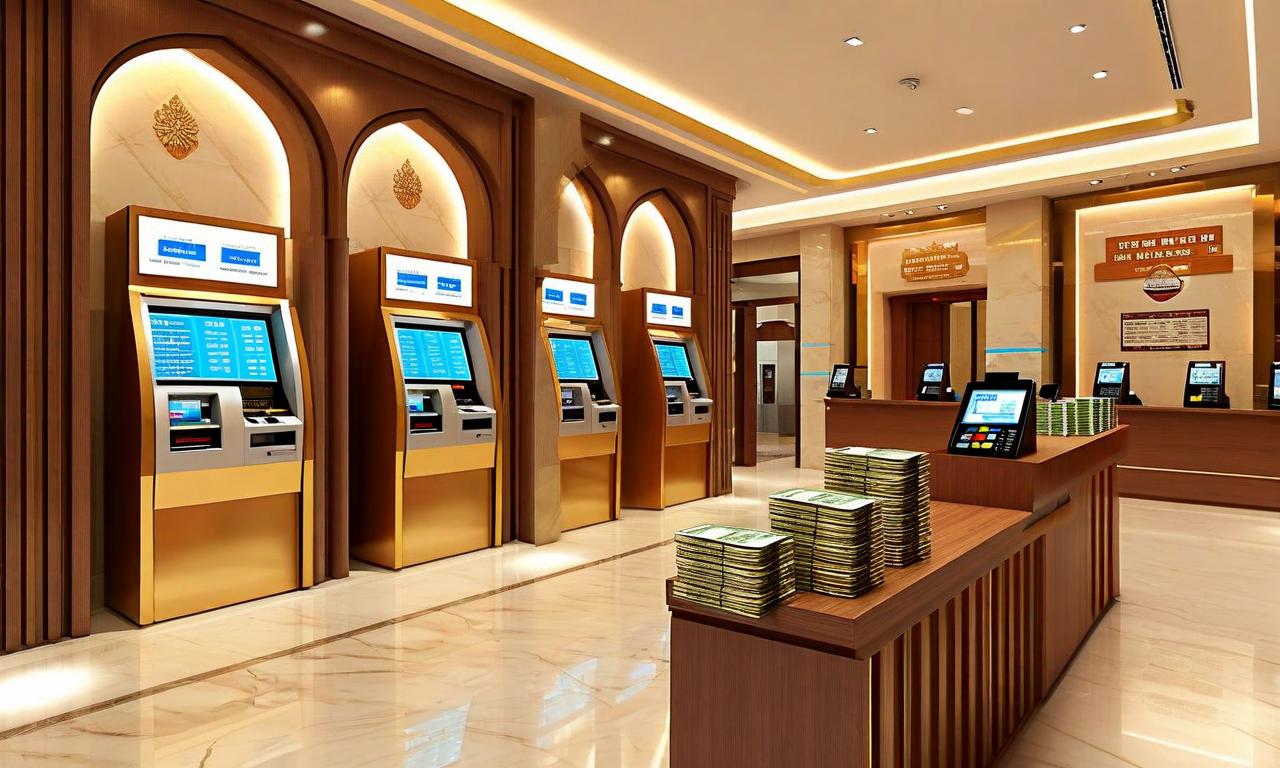DCB Bank Shares Surge 13.5% on Strong Q2 Results, Analysts Maintain Buy Ratings
DCB Bank's shares closed 12.5% higher at ₹145.1 following the release of its September quarter results. The bank reported a 17% YoY increase in Net Interest Income to ₹596 crore and a 19% rise in Net Profit to ₹184 crore. Net Interest Margin improved by 3 bps to 3.23%. Asset quality showed significant improvement with credit costs declining to 0.31%. All 22 analysts covering the stock maintain buy ratings, with consensus price targets suggesting a 15.6% upside potential.

*this image is generated using AI for illustrative purposes only.
DCB Bank shares experienced a significant boost following the release of its September quarter results, marking its best single-day gain since April 2022. The stock jumped 13.5% before closing 12.5% higher at ₹145.1, extending its year-to-date gains to an impressive 20%.
Key Financial Highlights
The bank's performance showed robust growth across various metrics:
| Metric | Q2 FY24 | Q2 FY23 | YoY Change |
|---|---|---|---|
| Net Interest Income | ₹596.00 crore | ₹509.00 crore | 17% ↑ |
| Net Profit | ₹184.00 crore | - | 19% ↑ |
| Net Interest Margin | 3.23% | - | 3 bps ↑ |
Improved Asset Quality
DCB Bank demonstrated significant improvement in its asset quality:
- Credit costs declined to 0.31% from 0.59% in the June quarter
- This figure is well below the bank's projected range of 45-55 basis points
- Provisions nearly halved sequentially
Future Outlook
Despite facing rate cut pressures, DCB Bank managed to expand its Net Interest Margins (NIM) by 3 basis points to 3.23%. The bank has set a target for its NIM, aiming for a range between 3.5% and 3.65%.
Analyst Sentiment
The strong performance has resonated well with market analysts:
- All 22 analysts covering the stock maintain buy ratings
- Consensus price targets suggest a 15.6% upside potential
This positive sentiment from analysts, coupled with the bank's strong financial performance, appears to be driving investor confidence in DCB Bank's stock.
The bank's ability to improve its asset quality while growing its core income and profitability has been well-received by the market. If DCB Bank can sustain this performance and achieve its targeted NIM range, it could potentially lead to further upside in the stock price. However, investors should always consider market risks and conduct their own research before making investment decisions.
Historical Stock Returns for DCB Bank
| 1 Day | 5 Days | 1 Month | 6 Months | 1 Year | 5 Years |
|---|---|---|---|---|---|
| +2.00% | +1.62% | +4.66% | +62.47% | +81.77% | +71.69% |




































